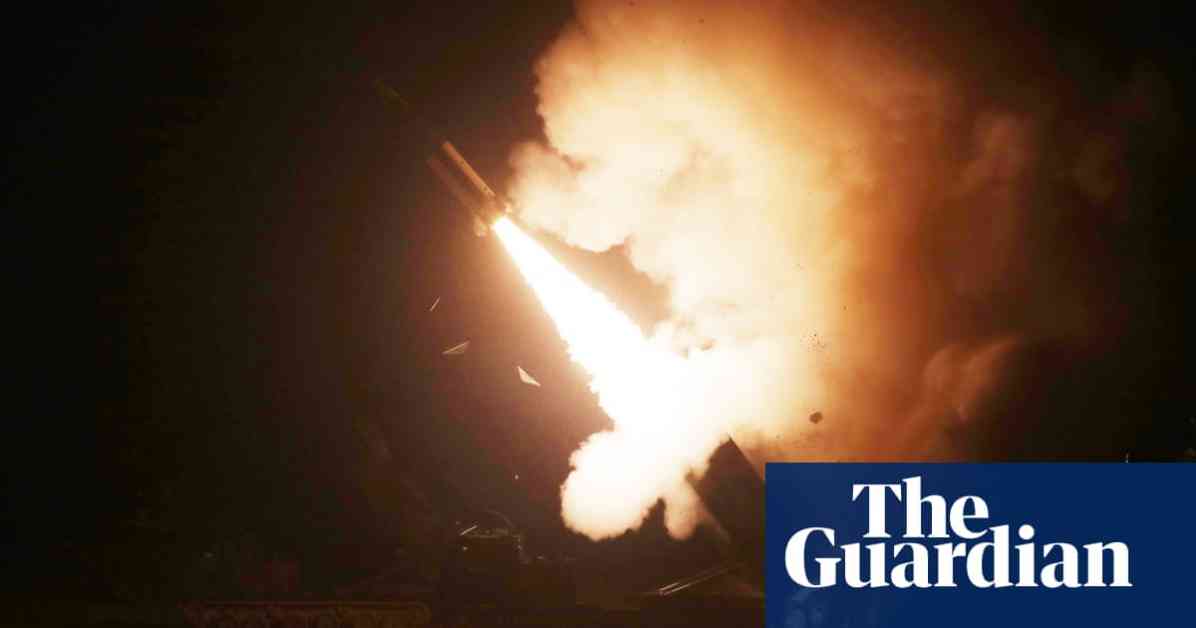President Joe Biden has made a significant decision by allowing Ukraine to use long-range missiles to target Russian and North Korean forces in the Kursk region. This marks the first time the US has permitted Kyiv to use such weapons inside Russia. The move, reported by various news agencies, comes after Ukraine faced a major attack on its energy grid by Russia, leading to nationwide energy rationing.
The US-made Atacms rockets, with a range of 190 miles, will be used against Russian and North Korean troops deployed against Ukrainian forces in the Kursk region. This decision is intended to send a strong message to North Korea, although Biden may authorize their use in other areas as well. The use of UK-supplied Storm Shadow missiles, however, is still restricted by the US.
The White House and Downing Street have chosen not to comment on this development. It remains uncertain whether former President Donald Trump, who has previously criticized the level of US military aid to Ukraine, will attempt to reverse this decision. Biden had previously allowed the use of shorter-range US-supplied missiles against Russian forces near the border, but had denied permission for strikes deeper into Russian territory.
In response to the missile and drone attacks on Ukraine, Polish and NATO allies scrambled jets to protect their airspace. Moldova reported violations of its airspace by Russian drones and missiles. Following the attacks, Ukraine’s main energy supplier announced blackouts and consumption restrictions across all regions, as engineers worked to repair the damage caused to power facilities.
Ukrainian President Volodymyr Zelenskyy condemned the attacks as the work of “Russian terrorists,” with about 120 missiles and 90 drones targeting Ukraine. This assault, the largest since August, demonstrates Russia’s unwillingness to compromise, especially after the US election. The French president and Polish prime minister criticized Putin’s actions, emphasizing the need for continued support for Ukraine in the face of Russian aggression.
As the conflict in Ukraine escalates, with Russian reinforcements from North Korea, world leaders are reevaluating their approaches to the crisis. The G20 summit in Brazil is expected to focus on supporting Ukraine and addressing the security implications of the conflict. Despite diplomatic efforts, Putin has shown little willingness to back down from his aggressive stance, posing challenges for peace negotiations in the region.
President Zelenskyy remains hopeful for a resolution to the war in 2025, emphasizing the importance of a strong Ukraine emerging from the conflict. He asserts Ukraine’s independence and resilience in the face of external pressures. Meanwhile, Elon Musk’s comments on Zelenskyy’s leadership highlight the complexities of international relations and the role of technology in modern warfare.












